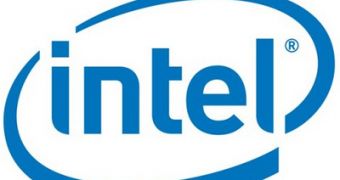One would think that processor platforms would make haste in integrating the newest iteration of the USB standard, but it looks like Intel's Cedar Trail won't get it, nor will it receive the SATA III interface.
As end-users know, the Super Speed USB 3.0 standard has already become a real phenomenon on the international IT market.
Of course, considering the fact that its maximum theoretical data transfer speed is ten times that of USB 2.0 (5/4.8 Gbps instead of 480 Mbps), this is understandable.
The main reason the standard is not yet mainstream is because native chipset support for it took quite a while to arrive.
In fact, even now the technology is having trouble taking over the role of USB 2.0, mostly because Intel has still not made the full integration into its chipsets.
As reported, the 32nm Cedar Trail platform from Intel does not have native support for USB 3.0, the same way it lacks SATA III (SATA 6.0 Gbps).
Needless to say, this is quite the disadvantage, considering that Cedar Trail Atom will be at the forefront of Intel's entry-level PC strategy for months.
Things are made even more complicated by the fact that AMD's E-350 and upcoming E-450 both feature these latest-generation capabilities.
Nonetheless, even without these assets, Cedar Trail still has the Atom N2800 clocked at 1.86 GHz, quite the achievement for a low-end dual-core.
Additionally, 1 MB of cache memory is present, along with integrated graphics that support HDMI, up to Full HD (1,080p) multimedia playback.
Finally, depending on what WiFi the machines powered by Cedar Trail sport, the WiDi (Wireless Display) technology can be supported as well.
Regardless, though the Santa Clara, California-based company will keep offering new and improved processors and chipsets regularly, it won't be until 2012 that SATA III and USB 3.0 will become part of the default.

 14 DAY TRIAL //
14 DAY TRIAL //